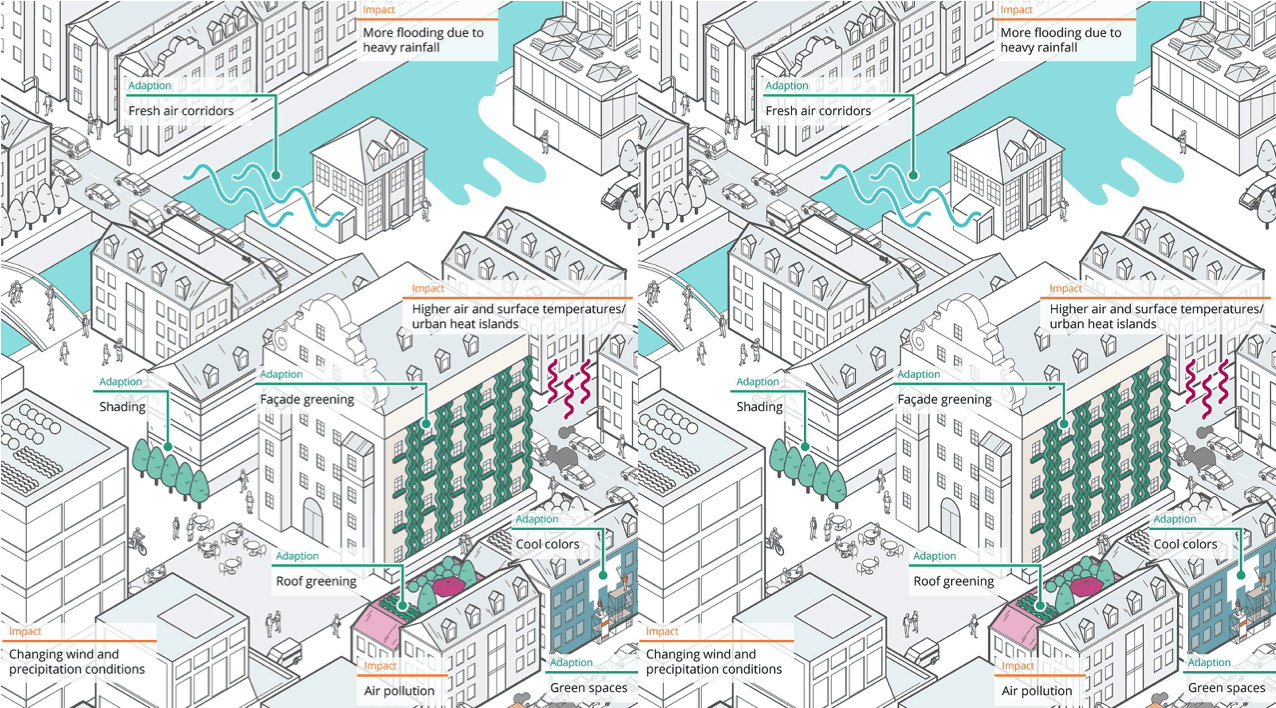
By 2020, the German government wants to reduce greenhouse gas emissions by at least 40 per cent compared to 1990 levels. By 2050, Germany wants to be almost greenhouse gas neutral. The basis for this is the agreement of the UN Framework Convention on Climate Change, and the Additional Protocols. These include the Kyoto Protocol and the Paris Convention.
The question of “how” these goals can be achieved is a hot topic for politicians, but it also favours a start-up scene with promising approaches. But not only that, also at universities such as the TU Munich is intensively researched. One area is synthetic fuels, also known as e-fuels, which could replace fossil fuels and be used in combustion engines. In theory, they could provide emission-free passenger cars and could also be used in shipping, aviation, industry or agriculture. But why are they not yet available on the market?

Satisfy energy hunger norms
A study by Prognos also concludes that synthetic fuels could be offered at competitive prices. “Consumers and important economic sectors will continue to require liquid energy sources,” explains Jens Hobohm, Head of Energy Management and Head of Studies at Prognos AG. In figures, this means that the demand for liquid energy sources in Germany will rise to up to 2,500 petajoules in 2050 according to study results. Petajoule is a physical unit of measurement for large amounts of energy, whereby Peta is the abbreviation for a quadrillion. This corresponds to the number 1015. For a better understanding: One heartbeat of a human generates 1 Joule of energy per beat. According to Prognos, the use of e-fuels is absolutely necessary in order to achieve the climate targets that the German government has set itself.
E-Fuels – fuel of the future?
The advantages of liquid fuels are obvious. They are easy to store, transport and versatile. In Germany, they form the basis for the industrial value chain. In the transport sector, 98 per cent of the drive energy is accounted for by liquid fuels such as diesel or petrol. In the heating energy sector, the share is 22 per cent. This means that about 20 million people live in oil-heated buildings. In the chemical segment, the share is 16 per cent. Synthetically produced energy sources would, therefore, be a real alternative. If the electricity required for production is supplied from renewable energies, the energy supply would be largely greenhouse gas neutral.
Price Competitive
As the economic research and consulting firm Prognos has investigated in its study, synthetic fuels could be produced in 2050 at costs between 70 cents and 1.30 euros per litre from today’s perspective. The prerequisite for this, however, is optimal site conditions. Depending on the application, the artificially generated energy supplier for consumers would thus be price-competitive compared to purely electricity-based solutions. “The prerequisite for this is a large-scale industrial entry into PtL technology so that the learning effects assumed in the study can be achieved and costs reduced. Of course, PtL should also be used as efficiently as possible,” explains Jens Hobohm of Prognos. PtL means Power to Liquid and is synonymous with the synthetic process in which liquid energy suppliers are produced from electricity, water and carbon.
Braking costs E-fuel development
Until now, the production of large quantities of e-fuel has been far too expensive. The German Energy Agency Dena calculates: at the moment, the production costs up to 4.50 euros per litre of E-fuel per litre of diesel equivalent. It is expected that the costs can be reduced. According to Dena, however, this also requires significant investments in renewable electricity generation. To make matters worse, the energy efficiency of synthetic fuels is four to six times lower.
Audi is one of the few carmakers to have integrated the development of e-fuel into its corporate strategy. In March of this year, the manufacturer announced that the e-gas project had produced a larger batch of 60 litres of e-gasoline. According to Audi, this is the largest volume ever produced. This shows that a great deal of development work is still needed in order to use e-fuel across the board. In addition, it remains questionable how climate targets can be implemented, time is pressing.
Main photo: Julius Silver, Pexels








